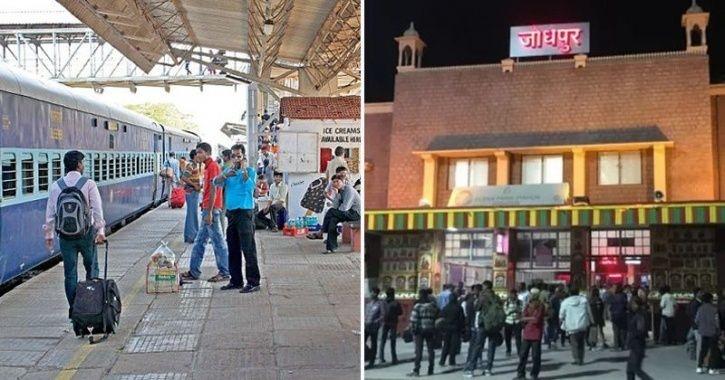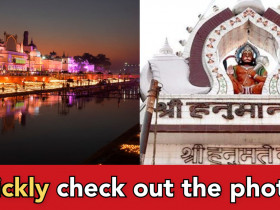This Railway Station is ranked cleanest in India for the second consecutive year
Jodhpur was ranked the best and cleanest railway station in India while Jaipur follows next on the list. It is good to see these two railway stations are setting an example by taking measures for safe drinking water and sanitation.
The awards were given by the Union ministry of drinking water and sanitation, according to a report in the Times of India said.

There was a time when our travels in the Indian Railways was terribly awkward considering the train and station’s conditions.
Both these stations (Jodhpur and Jaipur) also came on top in the railway station cleanliness survey conducted by the Quality Council of India (QCI) for Indian railways in 2018. It has been learnt that these railway stations came under the category of A1.
Just like they bagged the awards last year, both Jodhpur and Jaipur station authorities’ hard work and determination reaped rewards.
At Jodhpur railway station, as many as 150 workers work in shifts in order to maintain cleanliness and sanitation with the help of nearly 27 machines.
“We have also made toilets in the parking lot to keep the station clean. Also during early morning hours, from 4 am to 7 am, we have started the practice of blowing whistle against those who do not throw the garbage in the dustbin allotted.
Likewise, we are also running motivation programmes for the sanitation workers, to make them realize they are the best in the country, since the railway station cleaned by them is cleanest in the country,” said a senior officer of Jodhpur division of NWR, as quoted to as saying by the Times of India.
Meanwhile, Jaipur railway station’s authorities have also worked on similar lines. “We have 240 workers working in three shifts. Heavy-duty machines including six ride-on and one road sweeper is being used. We also have a work station concept, in which every workman owns a particular area of the station for cleanliness. Officers are also closely monitoring the station and sharing photographs online”, said NWR CPRO Abhay Sharma.
(With inputs from TOI)












